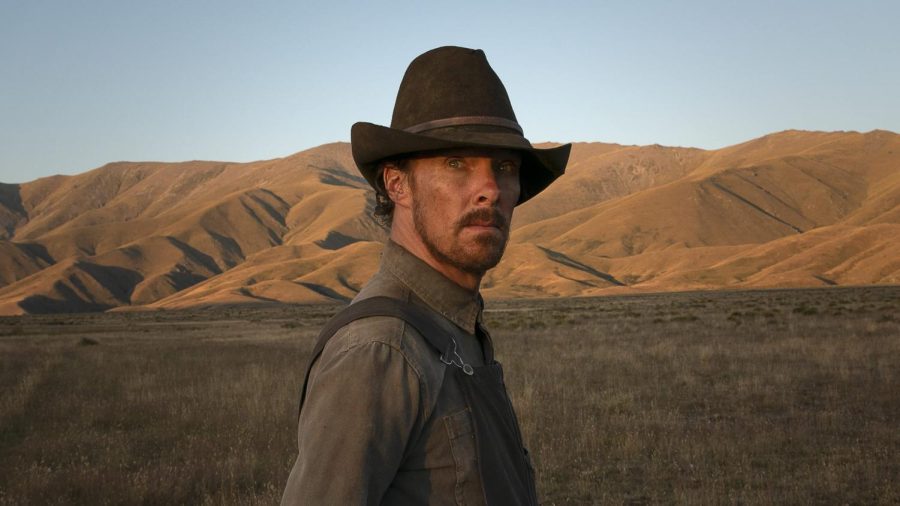The Power of the Dog Review
In 1967, American author Thomas Savage published his fifth book, the novel, “The Power of the Dog.” Exploring identity, masculinity, and sexuality on a ranch in 1920s Montana, the novel was critically acclaimed but soon fell into obscurity. This did not stop several filmmakers from attempting to make a feature-length adaptation of the novel, including Paul Newman, all of which were unsuccessful. Jane Campion, however, has finally found success after several years of pre-production, cast changes, and filming, and the result is poised to become one of the most nuanced and discussed films of the decade so far.
“The Power of the Dog” concerns two small families in 1920’s Montana, the ranch-owning Burbanks and the hotel-running Gordons. Phil Burbank is cruel and domineering, preferring the life of a rancher and belittling his brother George for his lack of book smarts while leaving much of the behind-the-scenes work to him. Rose Gordon struggles to run her restaurant and hotel after the death of her husband; her son Peter is shy and effeminate and often bullied by older men for it. The meeting of these four people starts out violently enough: a dinner at Rose’s restaurant leads to Phil cruelly teasing Peter. The connection between George and Rose is much more tender than that between Phil and Peter, and they eventually fall in love. As the two families’ lives collide, supposed identities are torn away and truer personalities emerge, leading to tenser relationships and shocking events.
For the importance of the four main characters, four stellar actors would be needed with great chemistry and commitment to their parts. Thankfully, in Benedict Cumberbatch, Jesse Plemons, Kirsten Dunst, and Kodi Smit-McPhee, Campion has found four actors who fit exactly these qualities. The cruelty of Phil, the meekness of George, the caring nature of Rose, and the awkwardness of Peter are all exemplified by their respective actors, working from a true-to-the-novel adaptation by Campion which still shows off all of the atmosphere and emotion which Savage intended. Campion is not afraid to explore many different themes: violence, identity, classism, and homosocial/homosexual relationships. From behind the camera Campion does not shy away from the more difficult parts of the story, whether it is the tensest moments between the pivotal four characters or the more disgusting aspects of life as a ranch worker. These difficult moments, alongside those lesser so, are accompanied by physical and aural beauty: Ari Wegner’s cinematography captures the “Montana” landscape (actually New Zealand) and the characters themselves in a stunning juxtaposition, while Jonny Greenwood’s score mirrors the intensity and discomfort of the plot.
“The Power of the Dog” proves to be a disarming but engrossing story, one that is told without any frills or embellishments. Campion has provided an experience that is at once rough and serious. It has faithfully captured the spirit and tone of Thomas Savage’s novel. It deserves much more accolades than has been bestowed on it this past awards season.
5/5 Stars












